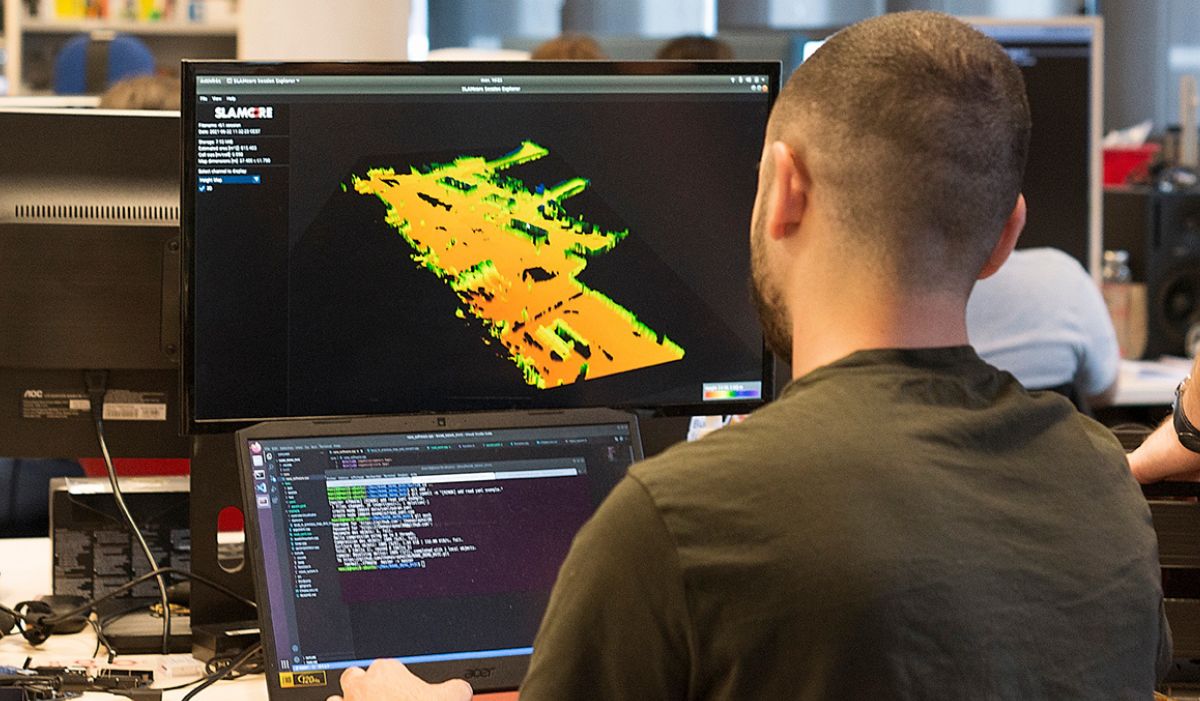As we move further into the Industry 4.0 era, the role of engineers is becoming increasingly delicate and important. With deeper integration of advanced technologies such as artificial intelligence, the Internet of Things (IoT), and automation, not only is the way we live and work changing but also how engineers operate and grow.
For engineers, despite the challenges, diving into the world of Industry 4.0 presents a wealth of career opportunities, as demand for their skills and expertise continues to grow.
Skills Needed to Navigate an Engineering Career in Industry 4.0
Despite the challenges of the Industry 4.0 era, there is no doubt that it is an exciting time to be an engineer. With the right skills, knowledge, and attitude, engineers are well-positioned to make a real impact and shape the future.
Digital Literacy
One of the key skills that engineers need to have in order to succeed in Industry 4.0 is digital literacy. This means having a strong understanding of technology and the ability to use digital tools and platforms to create, analyze, and interpret data. No matter their experience or lack thereof, engineers need to be well-versed in data analysis, as they will be working with large amounts of data to identify patterns and make decisions.
Automation and IoT
Automation and IoT are two significant areas of attention for engineers in Industry 4.0. Engineers have been instrumental in the invention and use of the technologies that are reshaping the way organizations and industries operate, as well as how people are running their daily lives. The systems and equipment that enable the IoT are being designed, built, and maintained, while new technologies are being created to enhance and boost automation.
Is creativity dead?
Engineering professionals in Industry 4.0 need to be creative to back up the technical skills necessary to thrive in this day and age. Now more than ever, it’s about having the capacity to think creatively and develop original concepts and solutions to important current issues that relate to a multitude of topics, rating from healthcare, data security, manufacturing, and even fashion and arts. How does this translate into real-work scenarios? By having the flexibility and quick to react mindset to changes in technology and organizational requirements.
What’s the Next Step for An Engineer?
Industry 4.0 offers engineers a wide range of job options, including roles in research and development, the design and construction of new technologies, and the implementation of automation and IoT solutions in commercial and industrial settings. While some engineers may choose to focus on a certain field, like automation or data analysis, others may opt to play a more generic position that requires them to work in a variety of fields.
At ESiLV, students majoring in Industry 4.0 will be able to work for industrial enterprises of all sizes and in all sectors, both in France and abroad, on industrial maintenance service or production sites.
In collaboration with major industrial groups (Dassault Systemes, ArcelorMittal, Altran/Capgemini Engineering), ESILV has been conducting research and development projects on significant industry 4.0 themes for a number of years. These themes include using artificial intelligence for aerospace and automotive manufacturing, intelligent materials, additive manufacturing, and mastering 3D printing technologies.
Inudstry 4.0 is ready for you, but are YOU ready for it?







